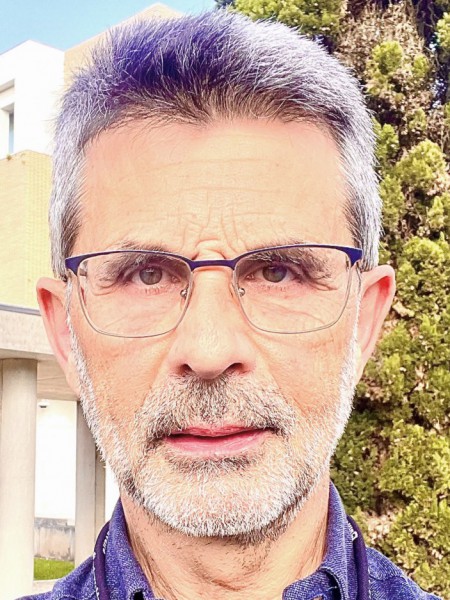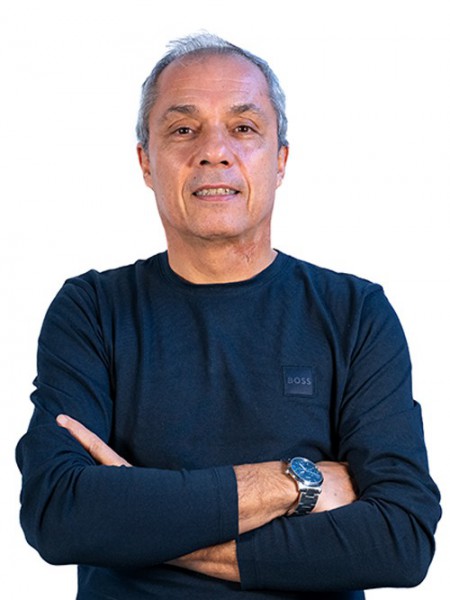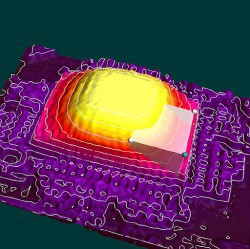Description
EJD-FunMat is a European Joint Doctoral programme in the field of functional materials research.
EJD-FunMat is embedded in an existing research network, with previous experience in co-tutelle doctorates , but the project will add new major elements, with the strategic aim of becoming a permanent reference European Joint Doctoral School in Materials Science and beyond.
The key innovative aspects of the programme are:
- Research in PhD clusters: The 15 PhD projects are grouped into 6 thematic clusters: Photocatalysis, Transparent Conductors, Lead-Free Piezoelectrics, Photonics, Cellulose-based Polymers, Bone Tissue Engineering. Each cluster has 3-4 academic, and several industry partners, thus forming a small-scale collaborative project. This concept will (i) will be a practical training in interdisciplinary teamwork for the PhD candidates and (ii) provide a critical mass of researchers with the potential to achieve breakthrough research and innovation, compared to individual PhD projects. Additional, locally funded PhD projects will be added to the clusters.
- Industry partner for each PhD: All PhD candidates will spend time in industry research laboratories, and will interact with industry throughout their project.
- Joint supervision rules centered on a series of common Deliverables for all PhD candidates, to be achieved during the PhD project
- Training in eco-design and life-cycle analysis of materials: topics such as critical raw materials and materials recycling have become crucial issues
- Training in project and risk management
- Training in industrial intelligence, entrepreneurship and innovation skills
- Development of a sustainable framework for a joint PhD School. This strategic goal is based on 4 components:
- scientific excellence
- development of a legal framework for exploiting the research results
- joint rules for co-tutelle PhDs, and joint PhD diplomas
- attracting additional funding for PhD scholarships, during and after the project
Main Local Researcher
Luís António Ferreira Martins Dias Carlos
Coordination
UNIVERSITE DE BORDEAUX
Partners
INSTITUT POLYTECHNIQUE DE GRENOBLE; France; ; UNIVERSIDADE DE AVEIRO; Portugal; ; UNIVERSITE DU LUXEMBOURG; Luxembourg; ; UNIVERSITE DE LIEGE; Belgium; ; UNIVERSITE CATHOLIQUE DE LOUVAIN; Belgium; ; TECHNISCHE UNIVERSITAET DARMSTADT; Germany; ; KARLSRUHER INSTITUT FUER TECHNOLOGIE; Germany; ; LUXEMBOURG INSTITUTE OF SCIENCE AND TECHNOLOGY; Luxembourg
Outputs
Silylation of bacterial cellulose to design membranes with intrinsic antibacterial properties
Chantereau, G; Brown, N; Dourges, MA; Freire, CSR; Silvestre, AJD; Sebe, G; Coma, VDesign of Nonsteroidal Anti-Inflammatory Drug-Based Ionic Liquids with Improved Water Solubility and Drug Delivery
Chantereau, G; Sharma, M; Abednejad, A; Neves, BM; Sebe, G; Coma, V; Freire, MG; Freire, CSR; Silvestre, AJDSponsors







